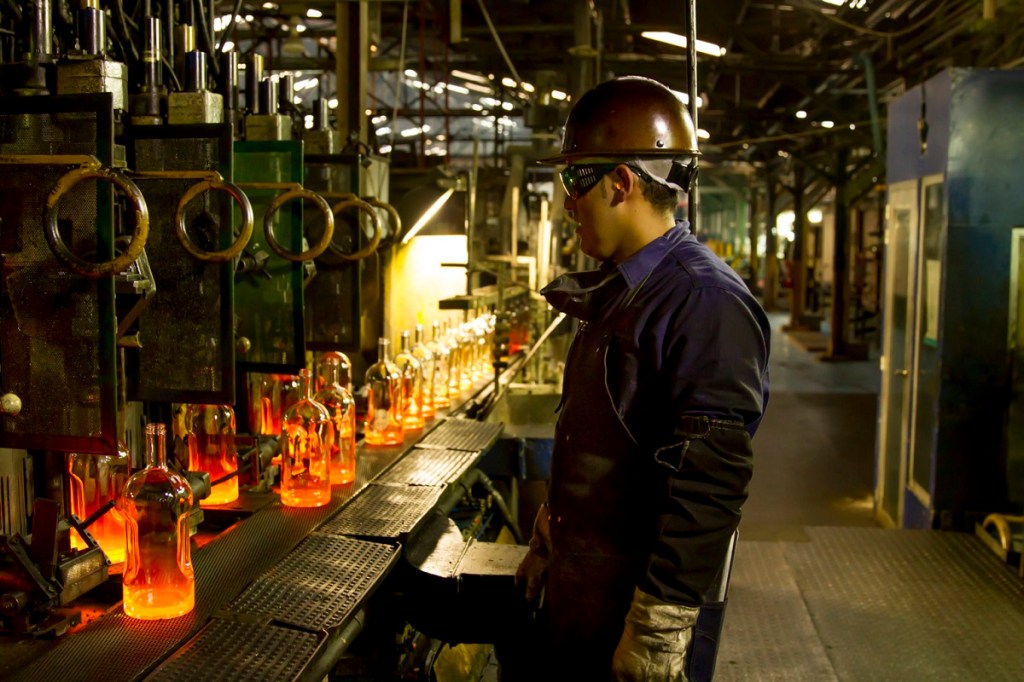For packaging and resource recovery leader Visy, 2020 was a positive year that laid a strong foundation for it to meet and exceed sustainability goals in 2021 and beyond.
Mark De Wit, Visy Chief Operating Officer, said one of the highlights in 2020 is also one of the most important elements of this foundation – the acquisition of the local assets of Owens Illinois and subsequent creation of Visy Glass.
“In July 2020 we acquired the Australian and New Zealand operations of one of the world’s largest glass bottle and jar manufacturers, creating Visy Glass. The investment was one of the biggest manufacturing acquisitions by an Australian owned business in Australian business history,” De Wit said.
“Glass is a strong addition to our closed loop packaging and recycling solutions model … and we have plans for further investment, aimed at increasing the average recycled content of glass bottles and jars from one third to two thirds.”
This goal exceeds targets of the Australian Packaging Covenant and is a huge drawcard for customers looking to become environmental leaders through their own brands. For the liquor industry, it’s one of the most sustainable beverage packaging solutions on the market, with the added benefit of not relying on the international supply chain should unexpected events (like the pandemic) arise.
“Our vision is to be the global leader in creating sustainable packaging solutions for a better world and the addition of Visy Glass has been a huge leap forward in achieving that goal. At the end of the day, it means we can offer our customers more choice from an Australian owned one stop packaging supplier supporting local jobs,” De Wit said.
The importance of sustainability
De Wit explained that: “Like any responsible industry in operation these days, the beverage industry needs to demonstrate a serious and long-term commitment to sustainability. Consumers, investors and governments are absolutely demanding it and voting with their feet and their wallets if they don’t like what they see.”
In recent years and especially throughout the pandemic, the value of a local circular and sustainable loop has never been greater. In the context of glass, De Wit explained that increasing the recycled content of the packaging not only lessens the reliance on valuable raw materials and imported goods, it also keeps more waste out of landfill and provides more jobs for local communities.
“Glass is endlessly recyclable, and a recycled glass container can go from the recycle bin to store shelf in as little as 30 days. The glass remanufacturing loop can be repeated over and over, right here in Australia and New Zealand,” he said.
“When you compare that to the option of importing virgin glass into the country from overseas, it becomes clear that companies still choosing import as an option are putting at risk local jobs, sustainability targets and supply chain risks.
“Using Visy Glass sends a clear signal to consumers that the drinks industry cares about their footprint. Beyond being a good citizen, keeping sustainability at the heart of decision-making can increase market opportunities, cut unnecessary costs and encourage a culture of local innovation.”
In terms of what the future holds, De Wit said: “In 2021, and over the years to follow, we are planning significant glass production and cullet investment to increase recycled glass content in our glass bottles and jars. Visy Executive Chairman Anthony Pratt has publicly committed to investing $500 million into the Visy Glass business to reach our recycled content goals.”
Written by Brydie Allen for the 2021 National Liquor News Industry Leaders Forum

